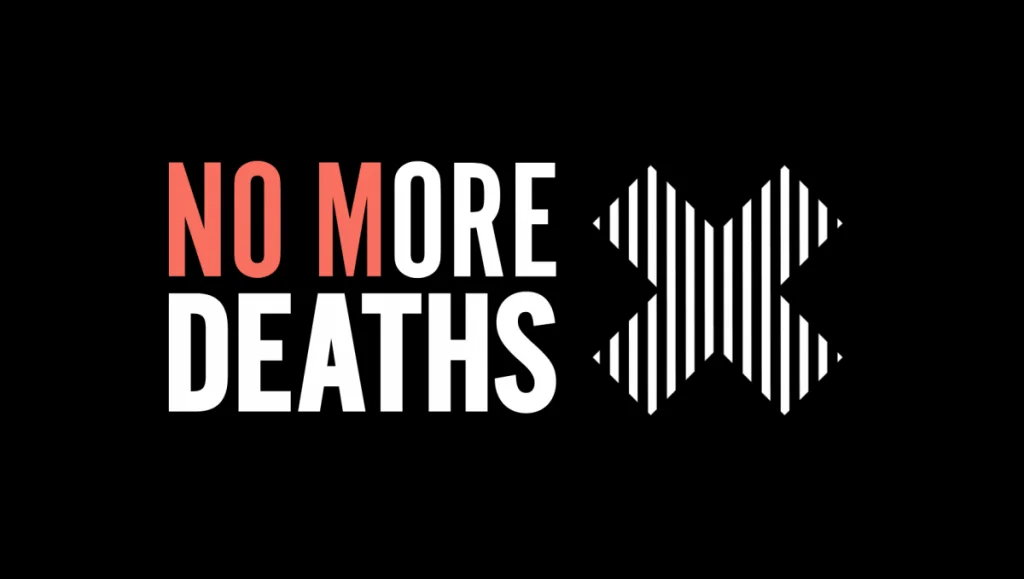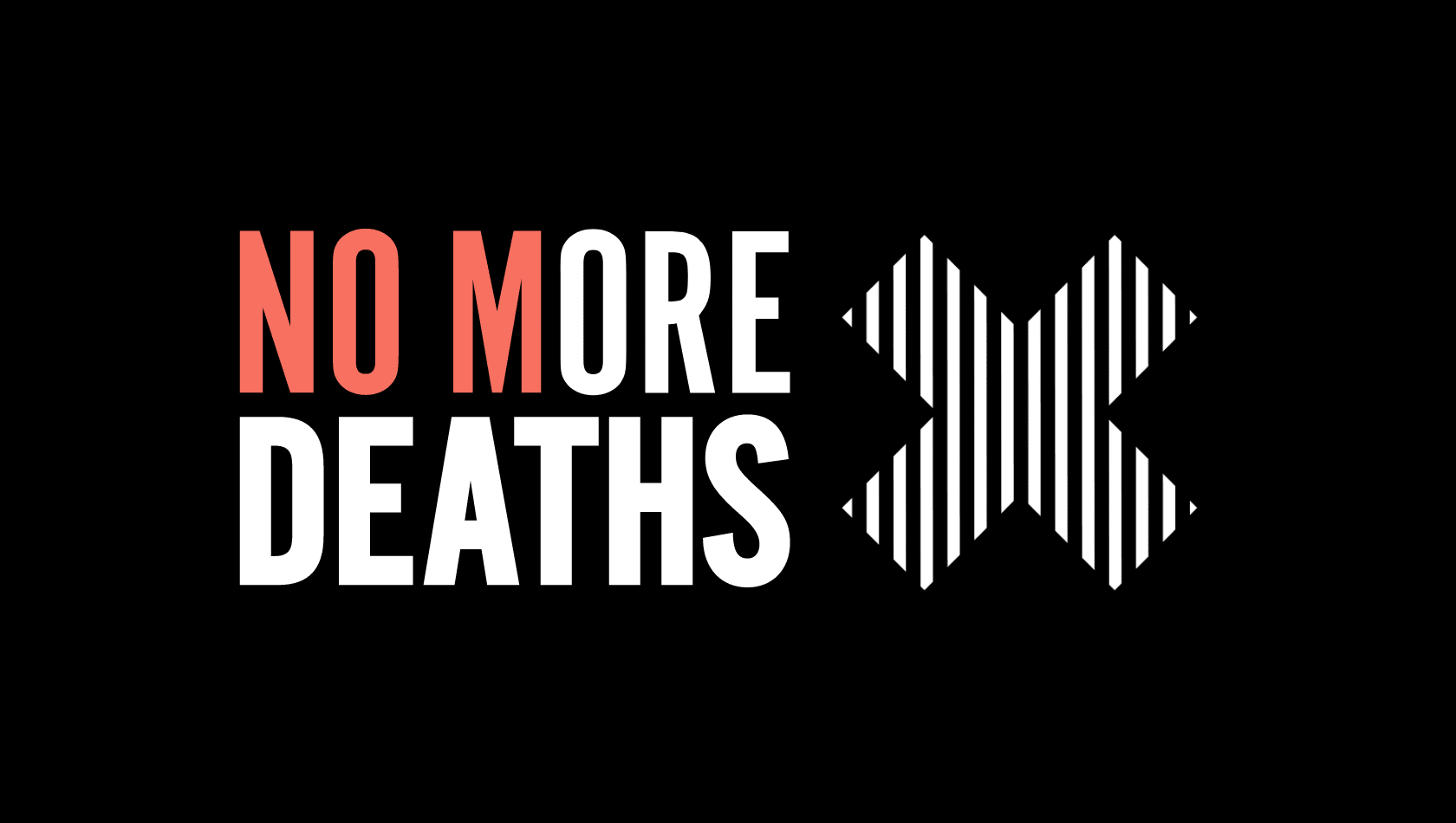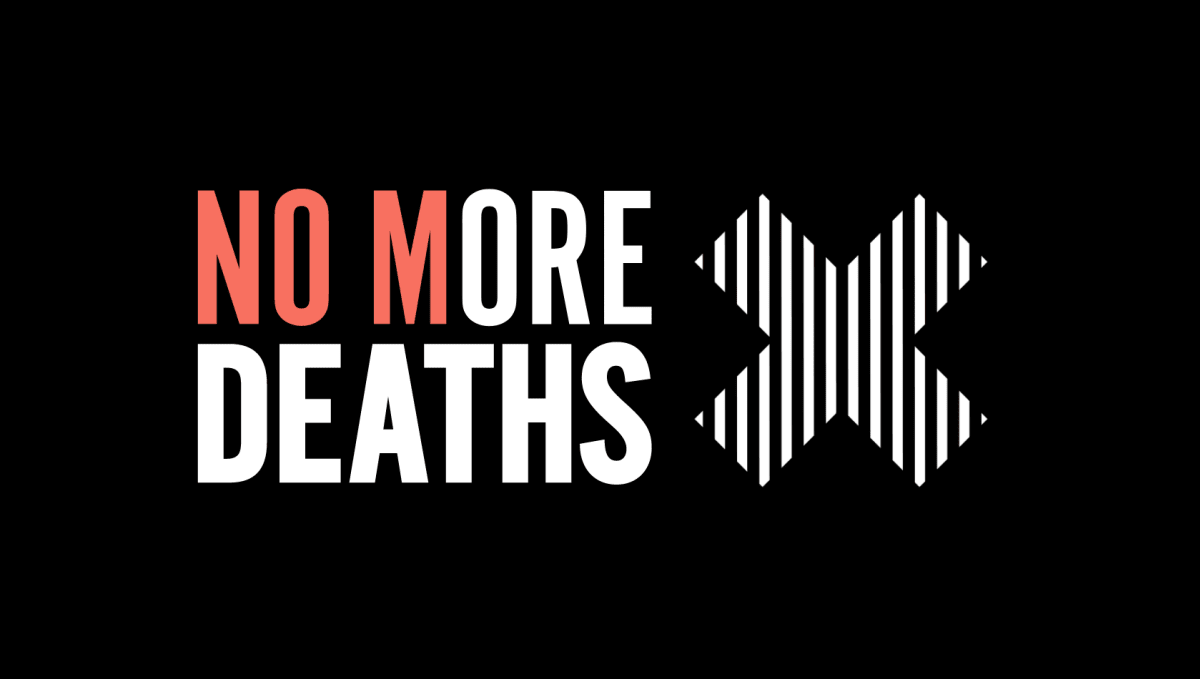The charity Inquest has launched a new campaign demanding systematic enforcement of recommendations following inquests and investigations into unexplained deaths
The campaign, No More Deaths, seeks to institute a National Oversight Mechanism (NOM) to monitor the outcomes of inquests, reviews and inquiries. This NOM should ‘have teeth’, with sufficient powers to enforce action following investigations.
Currently, following a legal investigation into a death, recommendations can be issued in the form of Prevention of Future Death Notices, or PFDs. However, there is no obligation to respond to or act on these notices. This leads to an ‘accountability gap’, where recommendations are left to gather dust.
Roughly 600 PFDs are issued each year; however, there is no method for individuals to identify if any changes have been made in response to a PFD. Similarly, of the 68 public inquiries between 1990 and 2017, only six received parliamentary scrutiny to check if their recommendations had been implemented.
This lack of oversight leads to heartbreaking repetition of avoidable deaths. In 2020, Matthew Caseby escaped from a mental health facility where he had been detained by climbing over a low fence. He was killed by a train a few hours later. The inquest revealed that the same fence had been the method of escape of other detainees – but no action had been taken to fix this problem.
A similar lack of oversight followed the 2009 Lakanal House Fire. Following the inquests into those six deaths, numerous recommendations were made, relating to building regulations, cladding, and high-rise evacuations. When Grenfell Tower burned in 2017, it was identified that many of these previously-issued live-saving recommendations had not been implemented. 72 people had died as a result. ‘This is a matter not of private grief, but public deaths’.
Leslie Thomas KC, who had represented families at the Grenfell inquest, stressed that an NOM is essential to improve a broken system. Without it, he said, ‘the names may change, the faces may change – but the stories remain the same’.
Another result of this lack of accountability is the emphasis placed on individuals to follow up on inquest recommendations. At the launch event yesterday, a bereaved daughter shared her case, where she had been to obtain and pay for a transcript, to be sent to a key organisation, to ensure that the recommendations were acknowledged. She said, ‘I was a 23-year-old who had just lost my mum. That should not have been my job.’
As a result, the system is ‘not fit for purpose’. Speaking at the event yesterday, Maya Pope-Sutherland described the inquest system as ‘torturous… a slow walk over burning coals that rarely, if ever, leads to justice’. Andy McCulloch, who also had suffered through an inquest, explained that, without accountability, ‘all us bereaved families are left with is an aching pain’.
Deborah Coles, Executive Director of Inquest, described a ‘tired trope’. ‘Hollow words of “lessons will be learned” amount only to placations… What purpose do multiple layers of investigation serve if there is no accountability to follow them up?’
In 2021, the Justice Select Committee issued a report into the Coronial system. Among its recommendations were an improvement to the accessibility of PFDs, and a system of follow-up to those notices. A similar report, issued by the Justice Committee in 2015, is not publicly available. No action has yet been taken.









